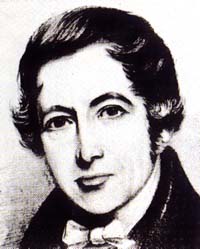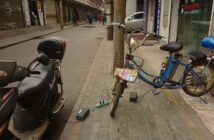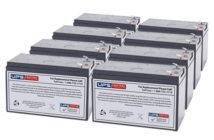
Andrew Crosse was a British amateur scientist born on 17 July 1784, the same year that Samuel Hunter Christie was born. By training he was a lawyer but he got interested in electricity at the age of 12 after attending a lecture at school.
Andrew Crosse was an early experimenter. He built a Leyden jar to store static electricity in his sixth form. Electric charge that doesn’t move produces static electricity. After he moved to his family home at Fyne Court at the age of 21, he converted the house and the estate into a big laboratory. Due to lack of resources, he built his equipment from scratch and discovered new things in the process. Crosse is known for his voltaic battery experiments, atmospheric experiments and electrocrystallization.
Huge Voltaic Piles
Andrew Crosse was among the first ones to build huge voltaic piles. He built some 2500 voltaic piles, the largest of which was made from 50 jars having 73 square feet of coated material. He could charge and discharge the pile some 20 times in a minute. But this process was accompanied by loud noises as if cannons were bursting. His neighbors called him “the thunder and lightning man.”
Atmospheric Polarity
Andrew Crosse had an elaborate setup on his estate to study the effect of weather conditions on the polarity of atmosphere. He hung more than 2 km of insulated wire from trees and poles to do this. Results of his experiments were published in George Singer’s Elements of Electricity and Electro-chemistry.
Electrocrystallization
Besides electricity, Andrew Crosse also studied mineralogy. He became fascinated by stalagmites, stalactites and other crystalline deposits found in caves. He started electrocrystallization experiments in his laboratory and started creating crystallized lime from water taken from a cave. He built some 24 electrocrystallized crystals over the years. In 1836, during such an experiment, insects of the genus acarus began appearing in his experimental setup. He repeated the experiment and found the same result.
When his results became public, people accused him of blasphemy and trying to play God. He earned the nickname “the insect man.” The accusations and hatred affected him so much that he withdrew to a lonely life on his estate and died there on 6th July 1855 accompanied by his wife.
Related Articles



